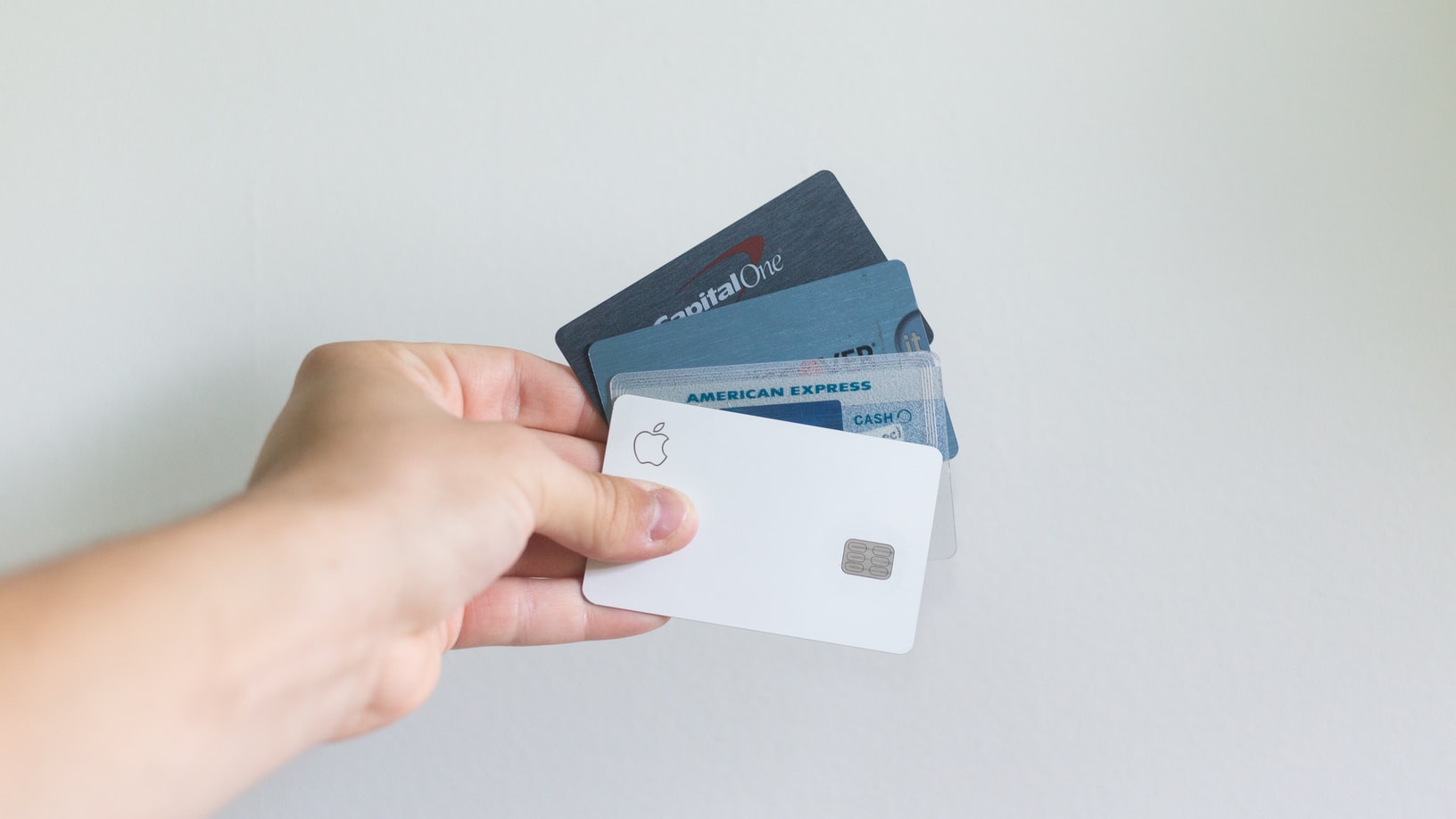The benefits of a good, or a great credit rating, are numerous. Access to lower interest rates, higher levels of credit, credit cards with more perks and benefits, and even things such as employers hiring you can all benefit from a positive credit rating.
But for some people, managing their credit and credit rating is a challenge.
What Damages Your Credit?
Your credit is made up of many different factors, but it is primarily derived from your payment history and credit utilization. However, there are other variables that come into play. Things such as account diversity and credit age also help determine your standing as a good borrower. With poor credit, you are unlikely to get approval for low-interest loans or better payment terms. Unfortunately, many people unknowingly commit harmful habits that devalue their good credit.
In this article, we will share three harmful habits that can impact your credit.
1. Applying for Promotional Interest Rates
It’s important to remember that banks and credit card companies are businesses. One of their strategies is to periodically release low interest promotional rates, with the goal of enticing clients to sign up with them. While these low, or even no interest rates, seem like good deal too good to pass up, the low or no interest rate only lasts for a short period. So while this opportunity may seem like a great deal at first glance, you can never lose focus of what happens after the low or no interest three or six month term ends.
Just remember, the banks are not doing this out of the goodness of their hearts. They are betting that you will not be able to pay off the balance of the debt within the timeframe they give you and then once the promotional timer period ends, they can start collecting larger and more profitable high interest rates from you. Don’t get us wrong, transferring debt from high interest products to low, or no interest loans, is a great strategy, just remember the temporary period is only that, temporary. What will your interest rate be on the remaining balance when all is said and done and how much will you pay in interest and will you have utilized a large portion of your available credit. If you use all of your available credit, your credit score will start to decrease.
2. Relying on Your Credit Cards
Relying on your credit cards is a dangerous way to live. It is always best to learn to use your credit cards as a tool that helps you, not hurts you. Getting a cash advance on your credit card is rarely, if ever, a good idea. If you are in a desperate situation, it’s understandable and may be better than some of the other options, but credit card cash advances should be avoided at all costs due to the immediate high interest applied to cash advances.
For many people, particularly those who have struggled with credit card debt, you shouldn’t use credit cards if you can pay for it yourself with money you have. Using your credit card and paying it off after every transaction will still help you build credit and also prevent you from getting into credit card trouble. Unless you have developed a high level of credit card responsibility, you’re safer to just pay for things when you literally have the money in hand. If you are confident that you will be able to pay your debts in full each month, you can charge things to your credit card, but just remember it’s more important to stay consistent with your credit payments than your consistent usage. Doing so will lead to positive improvement of your credit over time.
3. Fearing Your Credit Reports
Most people have no clue what the actual state of their credit is. After all, no one wants to look behind the curtains and see what’s actually hiding back there. Nevertheless, it’s a necessary thing to address and to become financially responsible. Ignoring the information from our past or present won’t help move forward.
Contrary to popular belief, performing a soft credit check doesn’t harm your credit score in the same way a hard check does. This is simply a service to give you insight into your current standing and help you check for inconsistencies in purchases and payments.
Instead of being aversive to your credit reports, you should make it a habit to request them regularly. It’s a great way to stay on top of anything that shouldn’t be on your credit report and to make sure you aren’t falling into delinquency. Remember that ignoring your credit report can leave things that are inaccurate or negative reporting items on there that you may have forgotten about on there for too long and therefore hurting your credit report and score.
Conclusion
It’s not enough to simply stay away from these harmful habits; it’s also necessary to take proactive steps in improving your credit. Doing so will help you reach your financial goals sooner and give you advantages on loan and investment options. If you’re not sure where to start, you can always seek professionals to provide you with a helping hand.
Making a crucial decision with a lasting impact on your financial standing is never easy, which is why you need to get all the help you can get. If you want to review your options and learn about consolidation loans, debt management programs, credit counselling, proposals, consumer proposals and bankruptcies, we at Paul J. Pickering and Associates Limited are here to help you, backed by over 30 years of experience in helping our clients resolve their financial problems. Let’s discuss the right plan for you! Contact us today!


